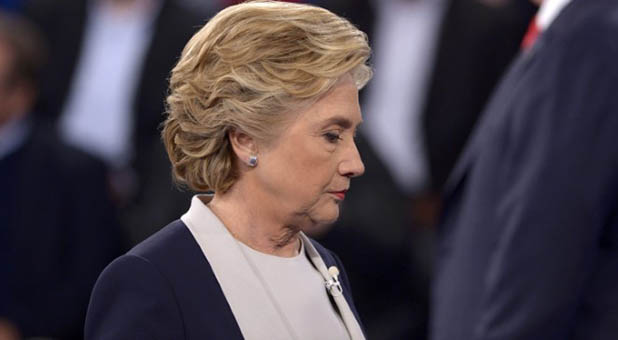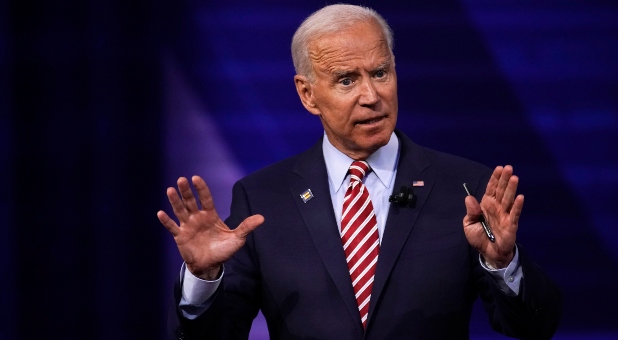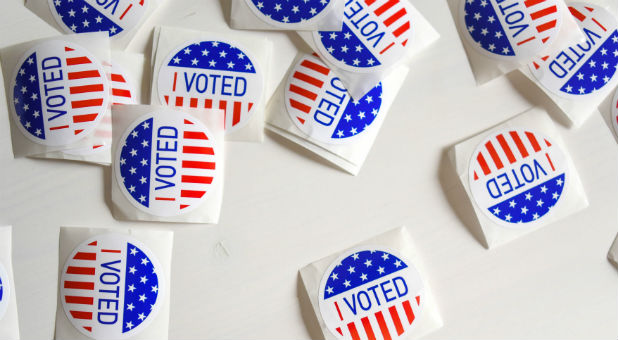Friday, as promised earlier in the week, WikiLeaks released more documents that were damaging—although not as “destructive” as had been teased—documents hacked from the emails of her campaign chairman, John Podesta.
“The Podesta Emails” included damaging details about the Uranium One purchase, as well as excerpts from several of her Wall Street speeches. While the process of sifting through the more than 2,000 pages of information continues, there were several pieces that jumped out almost immediately:
- Clinton said that to be “successful, politically” you “need both a public and private position” on public policy.
- In a speech to a Wall Street audience, Clinton went to great lengths to shift blame from the big banks, divulging that she allowed her constituents to “literally yell” at her to take out their anger for the financial crisis.
- Clinton confessed in the Big Banks that she was “far removed” from the “struggles of the middle class” because of her and Bill’s “fortunes.”
- To the Big Banks, Clinton said that Wall Street insiders are needed to solve the problems on Wall Street.
- Clinton bragged that as a Senator she did all she could do to make sure the financial industry “continued to prosper … “
- Clinton confided in the Big Banks that she feels there is a “bias against people who have led successful and/or complicated lives …”
- In front of a Brazilian bank, Clinton cited that her “dream is hemispheric common market with open trade and open borders.”
- In front of a Canadian audience, Clinton said she hopes the U.S. can model ours after their system.
- In front of a Big Bank, Clinton bragged about her “great relationship” with the financial sector and about how much “respect” she has for the industry.
The emails also detail the still-close relationship that exists between the Clinton camp and the State Department. Focusing on a July 3, 2015, email from Clinton Foundation communications director Maura Pally, we find:
Putting on all of your radars that Grassley sent a letter to AG Lynch (dated June 30th though we just saw it) asking questions about contributions to the Clinton Foundation and the Uranium One deal. Letter is attached. Craig is connecting with comms team to be sure they are aware as well.
That message was sent to Podesta, as well as Cheryl Mills, Heather Samuelson and Huma Abedin. Podesta forwarded the message to several of his subordinates in the Clinton presidential campaign.
The letter from Grassley, dated June 30, 2015, spelled out his concerns about the Uranium One deal. Specifically:
On April 23, The New York Times reported on details regarding the Clinton Foundation’s ties to a number of investors involved in a business transaction that resulted in the acquisition of Uranium One, owner of U.S. based uranium assets, by Atomredmetzoloto (ARMZ), a subsidiary of Rosatom, a Russian government owned company. The transaction raised a number of national security concerns because it effectively ceded 20% of U.S. uranium production capacity to the Russian government.
Due to that foreign involvement, a review of the transaction was conducted by the Committee on Foreign Investment in the United States (CFIUS), whose membership includes the Secretary of State and of which Treasury is the chair. In addition, during critical stages of the acquisition approval, interested parties made large donations—some in the millions of dollars—to the Clinton Foundation while Ms. Hillary Clinton held the position of secretary of state. When millions of dollars flow to decision makers who have substantial discretion to provide support for or against approval of controversial transactions, public confidence in the integrity of the process requires a commitment to transparency and responsiveness to oversight inquiries.
The risk of conflicts with Secretary Clinton at State was so great that the Clinton Foundation and the Obama Administration entered into a memorandum of understanding which, in part, required donations to be disclosed. However, millions of dollars in donations to the Clinton Foundation from executives with an interest in the Uranium One/ARMZ transaction were not disclosed, breaching the agreement.
Podesta’s company was among the beneficiaries of the dealings with Russia, making $35 million. That came in the form of an investment from another Russian company that, according to the FBI, was trying to steal U.S. technology and intellectual property on a high-tech nature to aid the Russian military.
See an error in this article?
To contact us or to submit an article





















